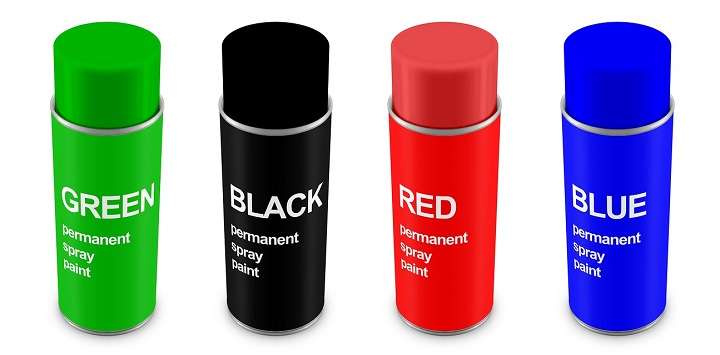Aluminum aerosol cans are so widely utilized in the workplace and at home that employees and homeowners frequently overlook the risks to their safety when utilizing the little cans. Are all your employees aware that even though the aerosols’ active ingredients aren’t combustible or dangerous chemicals, they are nonetheless Class 2 Dangerous Goods?

A spray may be used for nearly anything, including food, household products, cosmetics, and aromatherapy. Because they are practical, disposable, and dependable, aerosols are found in millions of homes and workplaces.
Because aerosol sprays are a practical answer to many everyday issues, it is easy to overlook the necessity for safety when using these items. But aerosol cans seriously endanger both human health and the environment. We’ll learn a few suggestions on how to use aerosols less.
Aerosol Cans: Safe Use in the Workplace
It is dangerous to store, puncture, throw into an open fire, or otherwise dispose of aerosol cans, which can contain everything from starting fluid to hand cleansers. Certain paints can cause death if sprayed into or on the body in large enough doses or with enough force.
The fire risk from these components must also be considered since a flammable liquid transforms into an explosive mixture when atomized.
Due to the compressed gas utilized as the propellant, all aerosol cans are dangerous. If the container is pierced, the contents may be expelled with enough force to cause harm. Additionally, pressurized delivery containers to a landfill raise issues with safety during compacting.
Working With Aerosol Cans Tips
Workers who handle aerosol cans must be aware of the overall risks and the risks related to the individual chemicals. They should follow suitable disposal and storage practices, which include:
Containers under pressure include aerosol cans. Never store cans over 120 degrees Fahrenheit (°F), as doing so increases the risk of a can’s internal pressure reaching an explosive level.
Avoid exposing cans to open flames or potential hazards like space heaters, radiators, stoves, or fireplaces. Cans can become the equivalent of an unguided missile after being punctured because of the abrupt release of pressure that results. Even when a can is empty, burning it poses a risk of explosion.
Aerosol cans containing hazardous substances are obliged to feature a warning label. When an ingredient exhibits one or more qualities, it is deemed hazardous.
- Flammable
- Toxic
- Caustic
- Irritant
- Sensitizer
- Carcinogen
- Neurotoxin
- Reproductive poison.
Aerosol cans frequently warn against skin and eye irritation, unintentional ingesting, and inhalation, in addition to those about flammability and puncture or combustion.
Bottom Line
Your employees should be instructed to consult the safety data sheet (SDS) for handling and storage guidelines about the aerosol cans they use.
Please read the directions and safety labels before using any aerosol sprays for household or professional usage. The usage of aerosol sprays is simple, but you should always use caution when working with them.

